You will need to decide whether your paper should address your research investigation focus in the form of a research question(s) or through a hypothesis.
Use this Powerpoint to review the characteristics of both forms .
Qualitative approaches to research design generally use questions as their focus. Because qualitative studies start an investigation with a concept, but use inductive methods to reach a final conclusion about the research, most qualitative designs do not start with a hypothesis. Writing a research question is usually the better choice for this kind of study.
Quantitative approaches to research design generally use the test of a hypothesis as the frame for the methodology. Because quantitative studies use deductive reasoning through scientific methods to test a hypothesis, questions may be appropriate to focus a study, but a clear hypotheses should be included in the actual proposal.
Consulting a methodology lecture’s Powerpoint or list of characteristics could help you think about the different characteristics of your study in a structured way. This will then help you to clarify which type of approach you will be taking, and whether you should write research questions or a hypothesis for your research proposal.
In the guide Crafting the Research Proposal: The Introduction, you will find a place to compose your research questions or hypothesis. Use the examples and the writing tips described below, and in the Powerpoints linked to this page, to help you to write your own research question or hypothesis.
Tips for Writing Research Questions
Be as specific as possible.
In some cases, you may make two or more research questions to cover a complex topic.
Be flexible.
For example, if you are studying the effects of sleep on reflexes, you might formulate the following research question: What are the effects of sleep on reflexes?
A similar question might be: Does sleep have an effect on reflexes? OR Is maximum reflex efficiency achieved after eight hours of sleep?
Remember: The goal of your research is to find the answer to the research question. Make sure that the question reflects your goals in its words and phrasing.
Use this tutorial if you are writing research questions for a qualitative design.
Tips for Writing Hypotheses
When you state your hypotheses, be sure that the content of the hypothesis matches the experimental procedure. What you write should be the best estimation of the outcome of the lab procedure. Along with the hypothesis, you should write several sentences which explain the scientific reasoning that led you to that hypothesis.
For example:
We hypothesize that the beavers in this study will choose trees that are small in circumference and closest to the water. Since the energy yield of tree species may vary significantly, we also hypothesize that beavers will show a preference for some species of trees over others regardless of circumference size or distance from the central area. (Statement of hypotheses) The optimal foraging theory and central place theory lead us to predict that beavers, like most herbivores, will maximize their net rate of energy intake per unit time. In order to maximize energy, beavers will choose trees that are closest to their central place (the water) and require the least retrieval cost.
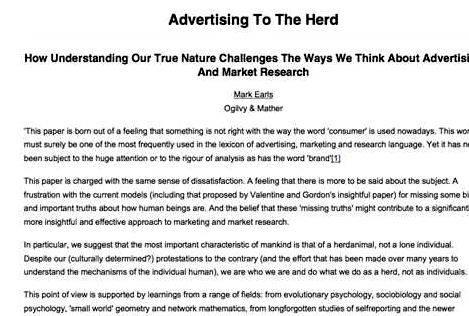
Since beavers are trying to maximize energy, we hypothesized that they will tend to select some species of trees over others on the basis of nutritional value. (Brief explanation of the reasoning behind the hypotheses )
Here is another:
In the present study, we hypothesized that a subgroup of patients with HER2/neu-overexpressing breast cancer will also demonstrate an increase in activated Akt in their tumors. These patients will be resistant to chemotherapy and consequently this group of patients will have a shorter DFS and a poor OS. The activation of Akt in breast tumors could be a potential biologic factor that may partially explain the worse outcome in those minority women with breast cancer. Hence, our primary goals are to test whether pAkt over-expression in HER2/neu-overexpressing tumors led to poor outcome compared with HER2/neu-overexpressing tumors but with normal or low levels of pAkt, (b) to compare them to levels of pAkt in HER2/neu-negative tumors, and (c) to focus on African-American and Latina patients at our medical center, where these two populations have similar socioeconomic status and access to care. We postulate that the over-expression of pAkt will lead to poor outcome irrespective of ethnic or racial differences.
Use this tutorial to compose and check to be sure that you wrote an effective hypothesis.
Use this tutorial if you are writing a hypothesis for a qualitative design.
Use this tutorial to help you write different hypotheses for different types of quantitative designs.
Use this tutorial or this one if you are writing a hypothesis for a true experiment.
Complete your planning guide for this section.
Set the stage; state the problem (introduction)
- Topic:
generally describe the topic and how it fits into your field of study - Set the scene
Describe the environment and its conditions
Get permission before using personal information - Introduce and describe the problem
Describe what you intend to show/argue and why
What is its significance?
Illustrate the problem with an interesting example
(Remember you are writing for an audience and want to capture their interest) - Begin to define terms, concepts, vocabulary
If possible, use one authoritative source or combine definitions and footnote your sources
Later in the development of your paper, be conscious of using new terms and their definitions - Since tasks begun well, likely have good finishes (Sophocles)
review the topic, scene, and problem with your teacher or supervisor to verify if you are on the right path
Review the Literature
What research is relevant?
How is it organized? c.f. Writing Center/University of Wisconsin’s Review of literature
Develop your Hypotheses
Your hypothesis is your proposed explanation that you will test to determine whether it is true or false
It will contain measurable variables (those that change or can be manipulated)
with results that can be compared with each other.
Avoid over-generalizing, and reference the research findings of others to support why you think this will work
C.F. National Health Museum’s Writing Hypotheses: a student lesson
Methods
Give enough information so that others can follow your procedure,
and can replicate it (and hopefully come up with the same findings and conclusions as you did!)
- Describe your procedure as completely as possible so that someone can duplicate it completely
- Define your sample and its characteristics
These should be consistent throughout the test - List the variables used
These are what change, or that you manipulate, throughout the test - Try to anticipate criticism that affects either your internal or external validity
These might be considered “flaws”
Findings
This is descriptive and numeric data
Discussion
Develop your argument based upon your findings.
While the data may read for itself, you will need to interpret
- how it validates your hypothesis
- what falls outside of validity
- how it impacts the literature you cited
- where further research is needed
Conclusion
Restate and summarize your findings and discussion either in order to simply complexity or to provide a summary for those who skip to it!
References
Verify with your teacher the proper format
Recommendations:
A research paper is not an essay, an editorial, or a story.
All assertions of fact must be documented.
Be careful of any generalizations that you make.
Strive to be value-free in your inquiry.
Review our Guide on the Scientific Method
it’s worth stressing that the evaluation of your paper will never be determined by whether or not your hypotheses are verified. It is important to remember that a hypothesis supported by the data does not mean that it is true as there conceivably is an infinite number of other theories that lead to the same prediction. Similarly, failure of support does not necessarily mean that your hypothesis is wrong: it may be hold true in some populations, you may have incorrectly measured your theory’s concepts, your sampling may be flawed, etc. Philosopher Karl Popper, in fact, argues that science is not a method for verifying hypotheses. Instead, all that science can logically lead to is the falsification of hypotheses. In sum, negative results can be every bit as important as positive ones. 1 Marvin Harris (Cultural Materialism 1979:7) “facts are always unreliable without theories that guide their collection and that distinguish between superficial and significant appearances.” 1
Writing assignments
See also:
1. Kearl, Michael, The Research Paper . Trinity University, San Antonio, Texas, (September 17, 2004)
2. Online Writing Lab, Writing a Research Paper , Purdue University, West Lafayette, IN, (September 17, 2004)


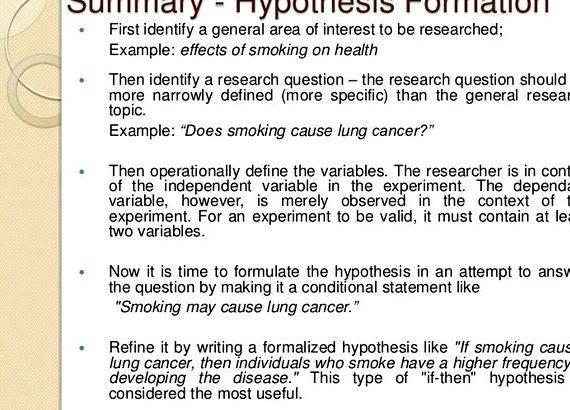

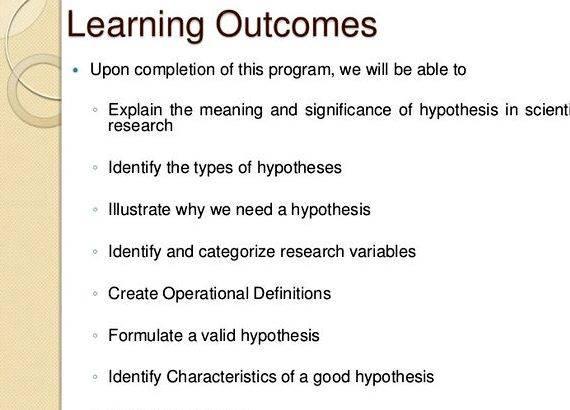

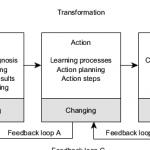 Writing an action research thesis paper
Writing an action research thesis paper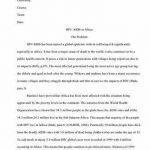 Hiv research paper thesis proposal
Hiv research paper thesis proposal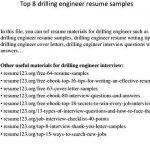 Michael jordan research paper thesis proposal
Michael jordan research paper thesis proposal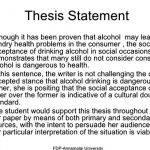 Guidelines in writing a research paper or thesis
Guidelines in writing a research paper or thesis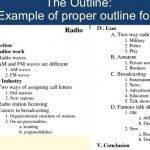 Writing a thesis paper writers
Writing a thesis paper writers






